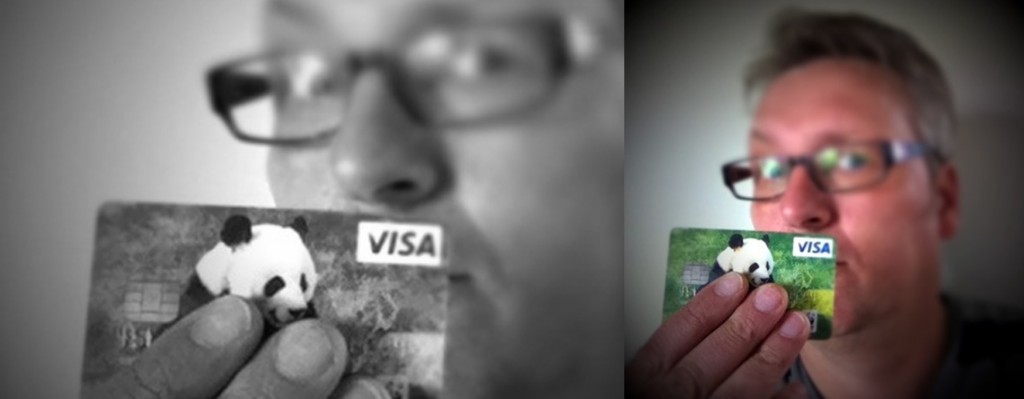The PRISM message fluttered by on Zite. First once, then twice and then a third time. Now it was interesting.

According to the first report on Techcrunch it was The Washington Post who released the news, and I quote both TC and TWP; “The National Security Agency and the FBI are tapping directly into the central servers of nine leading U.S. Internet companies, extracting audio, video, photographs, e-mails, documents and connection logs that enable analysts to track a person’s movements and contacts over time,”.
Well.., ain’t that something.
Mashable picks up on the story, they post the denials of Google, Apple and Facebook. Here, Alex Fitzpatrick does a nice job in dissecting these denials and after reading the post you are not left with an over abundance of trust in these statements.
The post on The Next Web keeps us informed on new statements from companies who are allegedly involved in this secret project. They also have a post with “what you need to know about PRISM“.
Now.., I don’t know about you, but if I was the US government (or any other for that matter), I’d want access to all that data. It’s just too rich a treasure to ignore. A project like PRISM makes total sense. And Facebook’s new query engine Presto is certainly a step up for them.
Even I wrote about privacy and sharing everything.
Denying PRISM Involvement
Of course companies deny their involvement. It’s a secret project run by the FBI and NSA. It goes without saying that nobody would ever confirm their involvement.
Firstly it would destroy their business, secondly it would (probably) violate strict non-disclosure agreements and thirdly.., it would spark the biggest (digital) revolution of our time.
In the comments on the TC post there is some scary stuff to read for you. Ranging from, “who cares, I’ve got nothing to hide”, to people reminding us of the Holocaust and the use of government data to locate Jews (oh, and IBM helped with computing the logistics, so unethical involvement is nothing new).
Until
I have nothing to hide. Really. But, that’s not the point. The problem is not that some government or some company has all this data. The problems begin when they start using it against you. And history taught us that it’s only a matter of time before this happens.
There is no dark side of the Moon.., in fact.., it’s all dark.


